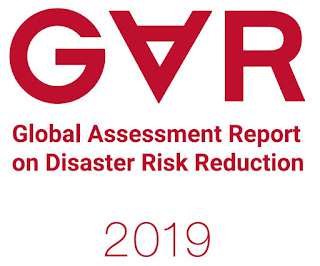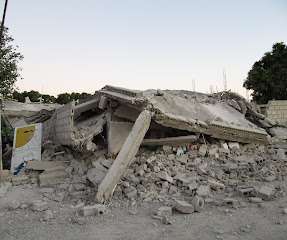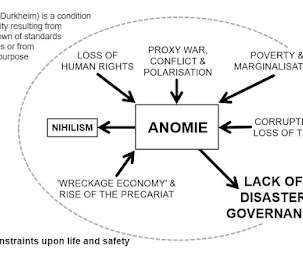The 2019 Global Assessment Report (GAR)
Emergency Planning
MAY 30, 2019
The United Nations International Strategy for Disaster Reduction was born out of the International Decade for Natural Disaster Reduction, 1990-2000. On 1 May 2019 it was renamed the UN Office for Disaster Risk Reduction. International Journal for Disaster Risk Reduction 10(B): 403-502. GNCSODR 2015.
















Let's personalize your content